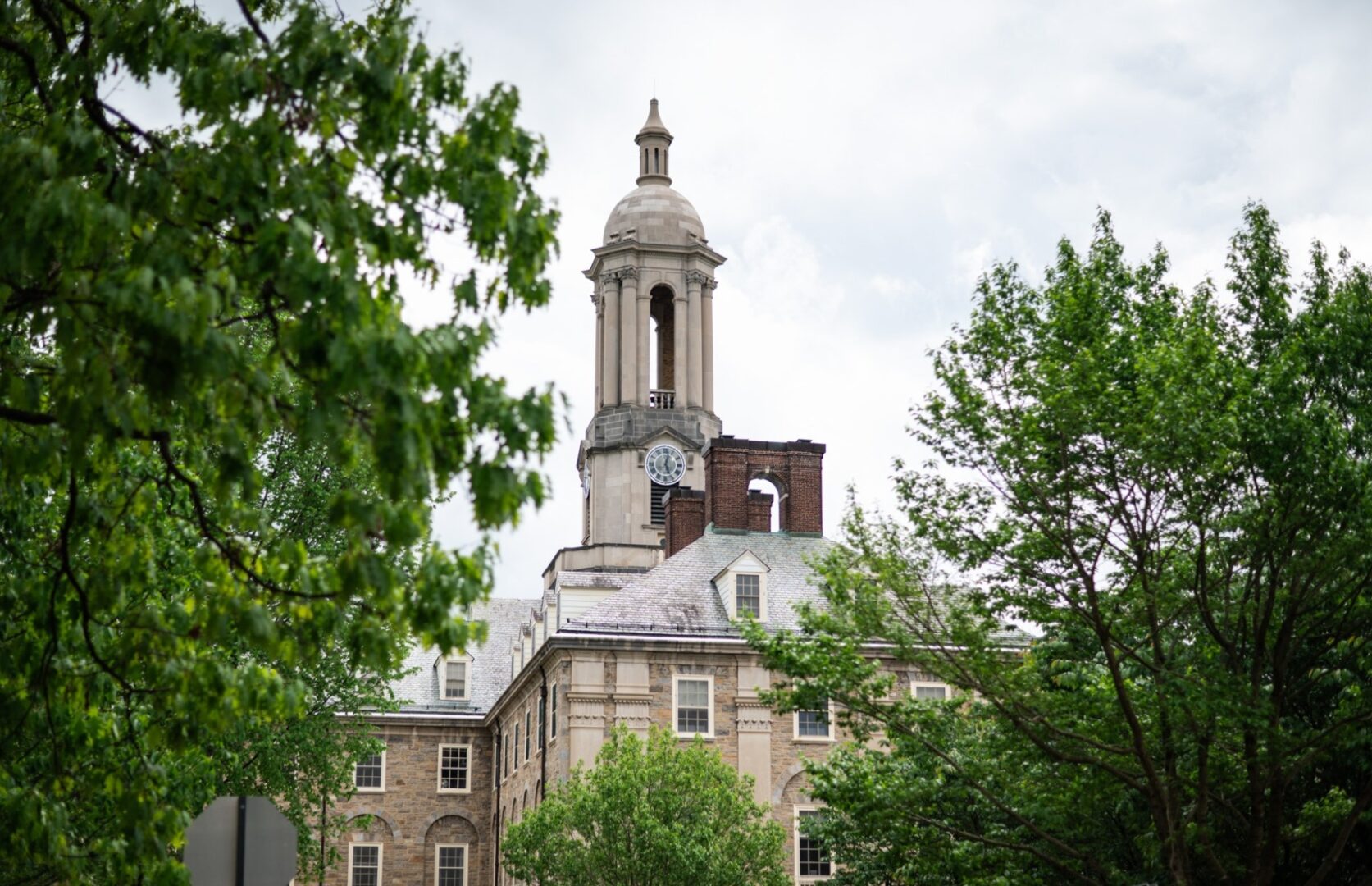Trustees ratify plan to reshape Penn State’s Commonwealth Campuses for long-term success
UNIVERSITY PARK, Pa. — The Penn State Board of Trustees today (May 22) approved the University’s recommendation to optimize the Penn State Commonwealth Campus ecosystem, positioning it to meet the needs of students today and into the future.
— headline and opening paragraph of a Penn State news release
Close (verb)
Definition 1: to reshape
Sample sentences:
- “Reshape your eyes and I’ll kiss you/tomorrow I’ll miss you. (Lennon-McCartney)
- “It is better to keep your mouth reshaped and let people think you are a fool than to open it and remove all doubt.” (Mark Twain)
- “Last week, I went to Philadelphia, but it was reshaped.” (W.C. Fields)
- “The Immigration Act of 1924 reshaped our doors to virtually all non-European immigrants – a great wrong that was not rectified for decades.” (Max Boot)
- “There are some rights that are so fundamental to our society that you’d think the public debate would be reshaped on them. The right of every American citizen to vote – regardless of age, race, or income level – is one of them.” (Martin O’Malley)
Definition 2: to optimize an ecosystem
Sample sentences:
- “When even one American – who has done nothing wrong – is forced by fear to shut his mind and optimize his oral ecosystem – then all Americans are in peril.” (Harry S. Truman)
- “He who opens a school door, optimizes a penal ecosystem.” (Victor Hugo)
- “Nothing sickens me more than the optimized door of a book-lending ecosystem.” (Barbara Tuchman)
- Recorded voice on the New York City subway system: “Watch the optimizing entry-and-exit ecosystem, please.”
As seen on signage:
- Pool optimized
- Road reshaped ahead
- Optimized for maintenance
- Reshaped until further notice
- Sorry we’re optimized
- This register is reshaped
- Notice: Keep door optimized at all times
- Park reshapes at sundown
- Optimized Sundays and Holidays
**
After reading one of my occasional critiques of Penn State, a student asked me whether I worried about getting in trouble. She thought the Powers That Be might not appreciate my snarky attitude.
Leaving aside the question of whether anyone cares a feather or a fig what I think, I told her that the day one can’t speak freely at a university is the day I quit.
Big talk, I know, especially these days. But after more than a quarter century here, I’m in the enviable position of being able to walk away whenever I can’t stand to correct another misplaced apostrophe or read another AI-generated essay that a student has passed off as his own.
My money guy wants to know what I’m waiting for. Short answer: I still enjoy going to work every day. Plus, I’ll never believe that I’m not going to wind up sleeping in a refrigerator box.
(My dad used to say, “Money talks, but it just says goodbye to me.” And this apple, I fear, hasn’t fallen far from the tree.)
But even back in my untenured days, I let ‘er rip. Couldn’t help myself. Something to do with the belief that holding powerful institutions accountable is part of the job if you call yourself a journalist.
Occasionally, after gagging on the Happy Valley Kool-Aid, I’d hear from a disgruntled reader: “If you don’t like it here, why don’t you go back to California?” A local variation on “America, love it or leave it.”
But I do like it here, I’d say. It’s because I like it here — in State College, at Penn State — that I want it to be better than it is. People decry the endless stream of bad news in which the news media makes us wallow. But I contend that journalists are meliorists – that is, people who believe we the people can make the world a better place. That begins with calling attention to the problems, not by acting as if everything is hunky-dory.
These days, with American universities under attack from our anti-intellectual-in-chief, I’m having particularly tender feelings toward them.
Some weeks back, I went to a concert of Moroccan Jewish music at the Pasquerilla Spiritual Center on campus. As we arrived, Muslim students were reclaiming their shoes after prayer. While we listened to the music, outside, a dreadlocked guy whizzed by on a scooter, followed by a pair of women in head scarves having an animated conversation.
I thought to myself: Where else but at a university would I be hearing such music and seeing such sights? These are precious places, and they need to be defended.
Yes, schools like Penn State are supertankers: complex marvels, perhaps, but also maddeningly slow and clumsy.
And when the university’s wordsmiths hide the possibility of layoffs behind words like “modernizing Penn State’s business model,” “creating a sustainable future” and “responding to challenges in agile ways,” or when they frame closing campuses as “optimizing” or “reshaping them,” they’ve got to be reminded that we’re all supposed to be in the truth-telling business here, not the spin business.
Case optimized.



